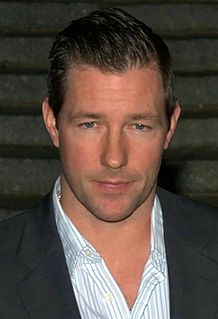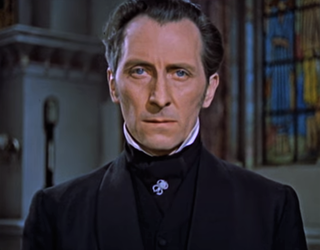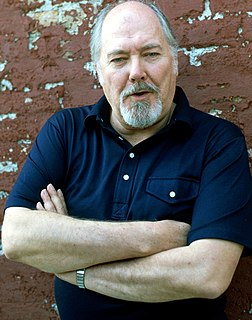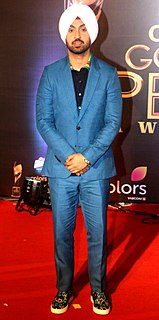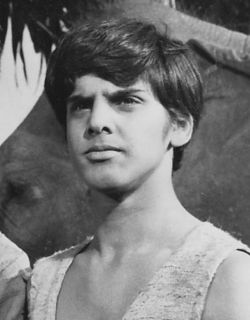A Quote by Edward Burns
The way I see it, when I go out as an actor, it should be on a type of film I'm never going to do as a director.
Related Quotes
I love the variety of films. In theater, you go into a room and the director runs the room, so you all work to his or her method. On film, if an actor or an actress is in for a day or two, the director has to get out of that actor what they need, so they have to change and adapt to that actor's technique.
If you're a certain type of actor, then eventually stepping into a director's shoes is a natural transition. I've always been the actor who's very focused on the narrative, where my character is in the story, and how I can benefit the story. I've always had a technical aspect of what the lens is, how the camera is going to move, how I can feed the information the director applies within that move. If you're that type of actor, narrative-based, technically proficient, the next step is actually not that far.
We made 'Mickey and the Bear' with barely any money with a first-time director, a first-time director of photography, and a crew who had just graduated from NYU film school. We were all very much in this together for the first time. There's no famous actor or big explosions. It's not a Marvel movie. I thought nobody was going to see this film.
I'm the type of actor that believes the director has to be in charge. I've been on sets where the actor's ego was the most important thing, and with a director that messes it up. But I don't like a dictator, I want it to be collaborative - the best idea wins. If I feel respected, and I'm going to give that back. If a director wants to try something, cool, I'll give it back. I also feel like they cast me for a reason, so I'm going to make my mark on it... let me do my thing.
Ultimately your job as an actor is to perform however you're being asked to perform and there's many different procedures as an actor that you're going to run into that you should be prepared for and be ready to go to work and do the best you can and give the director the best thing you can to hopefully give him things on that day that could be shot preserved and out into a canned, then when they go into the editing room that's where a movie's made.
When I announced on my Facebook page that I'm coming to Israel, people started telling me that I shouldn't go there, but I figured that if I'm not going to come here, then I guess I can't go back to the United States anymore and I can never go to Russia again and I should probably never go back to Germany and I should probably never go back to France and I should probably never go back to England....All I see here is a really beautiful city.
Most of the time for me, you're learning what not to do, as opposed to what to do. You never know what to do. I don't, especially in a work environment. You have a little formula yourself. But when I see a director do something I think, whatever he or she just said totally screwed that actor up and now they're worse. I'm never going to do that. I'm going to figure out something else. I want my movie to be good. And that's how it works.
